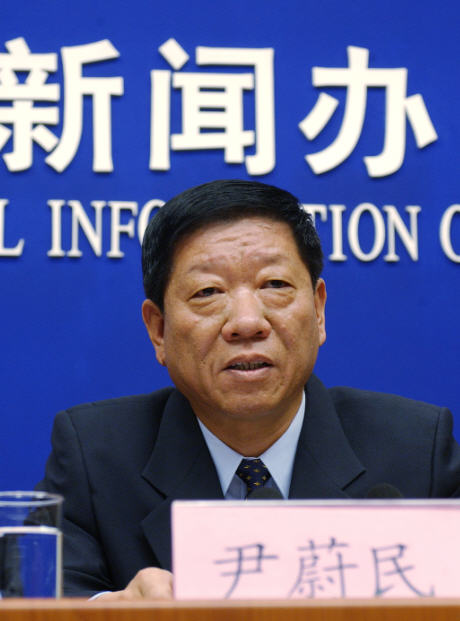Human Resources and Social Security Minister Yin Weimin on Thursday described China's job picture as "grim" and said the global financial crisis could have further negative effects on employment.
Yin also said in response to a reporter's question that labor unrest was the ministry's "top concern".
Worsening global conditions had begun to weigh on the job market last month, with unemployment resulting as some enterprises, especially smaller labor-intensive ones, shut down or suspended production, Yin told a press conference in Beijing.

Yin forecast further employment difficulties in the first quarter, but he expected an improvement in the second quarter when government measures to boost domestic demand began to take effect.
The government had urged companies to use communication and dialogue to avoid labor disputes, Yin said. He said there was an effort to nip unrest in the bud in at least half the cases through "grassroots" consultation.
Yin pledged the ministry would help enterprises survive tough times to reduce unemployment, and it would ensure payments were made when job cuts were inevitable. The ministry would also require companies to handle labor relations according to the law.
For 2008 as a whole, the overall situation was still stable, he added, citing figures for the first 10 months.
He said the registered urban unemployment rate was 4 percent for the January-October period, which was below the government's target of about 4.5 percent for the whole year.
The number of new employees totaled 10.2 million in the first 10 months, higher than the annual target of 10 million, he said.
However, the real picture might be gloomier than statistics indicated.
Yin said migrant rural workers were the worst-affected group but their situation wasn't reflected in the unemployment rate because they moved so frequently.
Migrant laborers, whose number is estimated at 150 million, are a major economic force. Their shift from poverty-stricken rural areas to the cities since the early 1980s was voluntary and driven by their longing for a better life.
Many of those who had lost their jobs chose to stay in the cities and seek other work, while others made their way home. However, Yin said, there have been "no large-scale migrant labor returns."
Yin said his comment reflected a recent inspection by the ministry, but he didn't elaborate.
He urged local governments and relevant departments to step up efforts through such means as job training to help migrant workers find new jobs.
To boost employment and help enterprises survive the crisis, China has taken several measures, including increasing the export tax rebate rate three times in the second half and cutting administrative fees.
(Xinhua News Agency November 20, 2008)